Magnesium Is Related To Vitamin D In That
Magnesium Is Related To Vitamin D In That
Alphabetical list of vitamin D supplement brands compared in this review

Bayer Citracal Petites
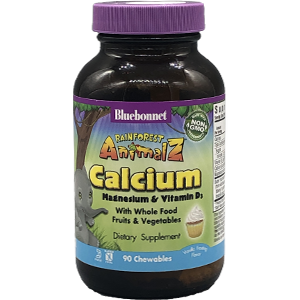
Bluebonnet Rainforest AnimalZ Calcium Magnesium & Vitamin D3
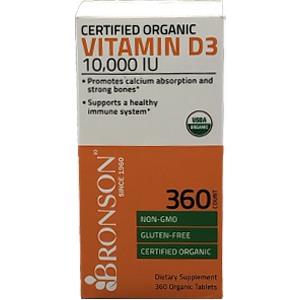
Bronson Vitamin D3 10,000 IU
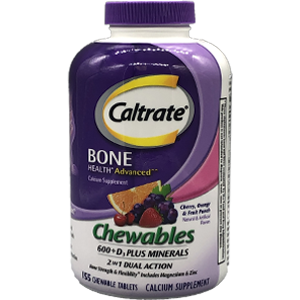
Caltrate Bone Health Advanced
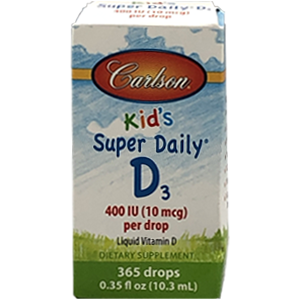
Carlson Kid's Super Daily D3
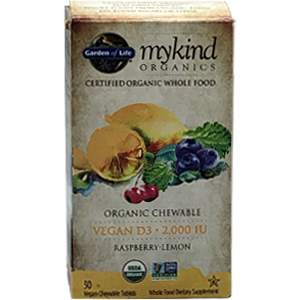
Garden of Life mykind Organics Vegan D3 2,000 IU
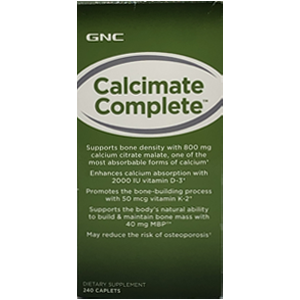
GNC Calcimate Complete
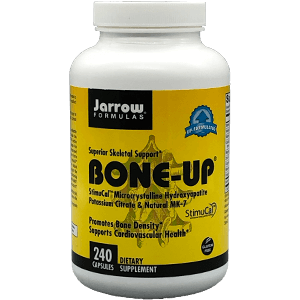
Jarrow Formulas Bone-Up
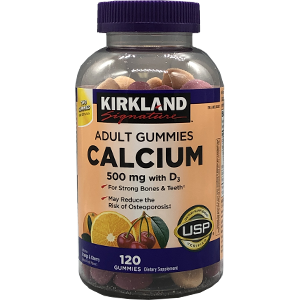
Kirkland Signature Adult Gummies Calcium
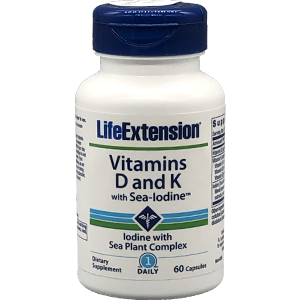
Life Extension Vitamin D and K With Sea-Iodine
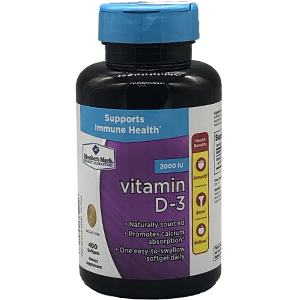
Member's Mark Vitamin D-3
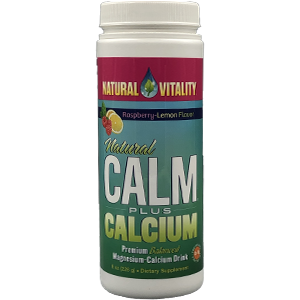
Natural Vitality Natural Calm Plus Calcium - Raspberry-Lemon Flavor
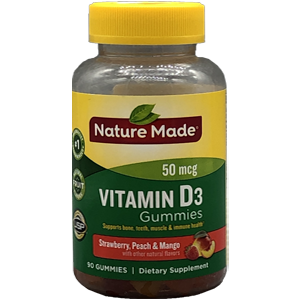
Nature Made Vitamin D3
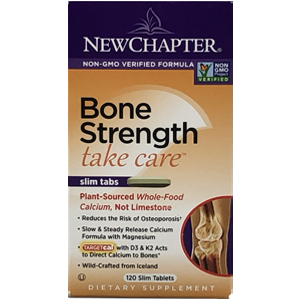
New Chapter Bone Strength take care
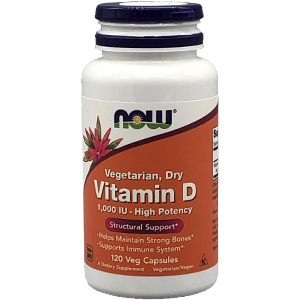
NOW Vitamin D
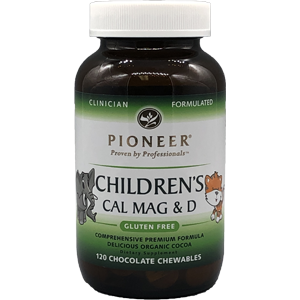
Pioneer Children's Cal Mag & D - Cocoa
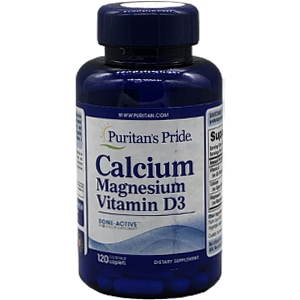
Puritan's Pride Calcium Magnesium Vitamin D3
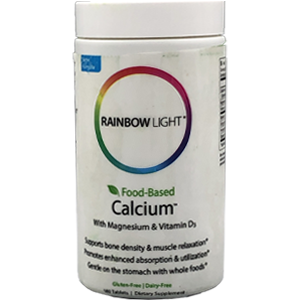
Rainbow Light Food-Based Calcium With Magnesium & Vitamin D3
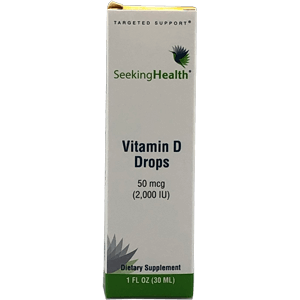
Seeking Health Vitamin D Drops
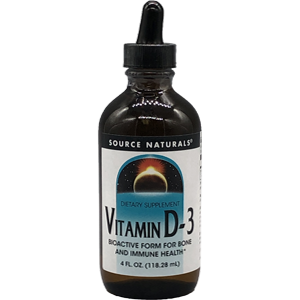
Source Naturals Vitamin D-3
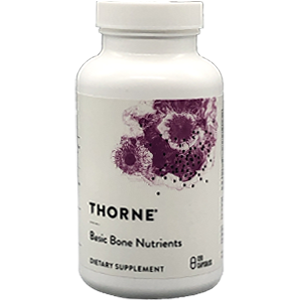
Thorne Basic Bone Nutrients
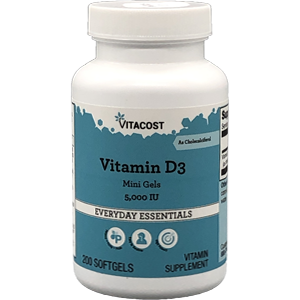
Vitacost Vitamin D3
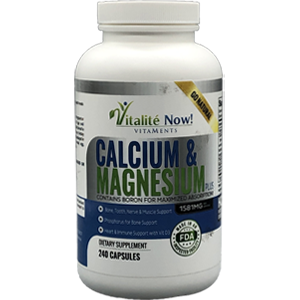
Vitalite Now! Calcium & Magnesium Plus
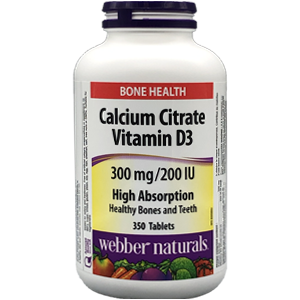
Webber Naturals Calcium Citrate Vitamin D3
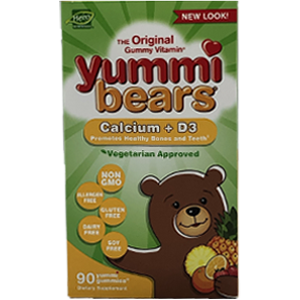
Yummi Bears Calcium + D3
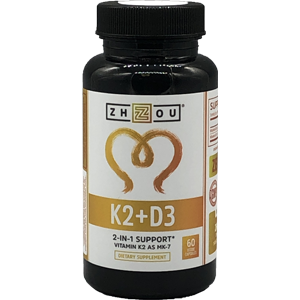
Zhou K2 + D3
Make sure the vitamin D supplement you take passed our test and is right for you!
Isn't your health worth it?
See the Review Now
Already a member? Sign in here.
Join now at www.consumerlab.com/join/
Summary
- What does vitamin D do? There are many reasons to make sure you're getting sufficient vitamin D: These include improved bone health, reduced risk of heart attack and stroke, reduced risk of asthma and allergy, reduced inflammation, and perhaps others. Not surprisingly, over given periods of time there are fewer deaths among people who have the right amount of vitamin D compared to those who have too little or too much. For details, see What It Does.
- The right level of vitamin D? You may already get enough vitamin D from the sun (about 15 minutes to the face, arms, and hands at least twice a week without sunscreen) and the foods you normally eat. If you're not sure, get your blood level checked by your doctor. A total serum 25-hydroxyvitamin D level of at least 20 ng/mL is considered "sufficient," (note that 20 ng/mL is equivalent to 50 nmol/L), although there may be additional benefit to being in the 25 to 35 ng/mL range. Don't exceed 39 ng/mL. Be aware that people who are Black generally have lower total vitamin D levels than whites, but new research suggests these lower levels may be sufficient for Blacks. For details see How Much Do You Need and How Much is Too Much?
- What form of vitamin D is best? Vitamin D2 or D3 will raise your vitamin D level, but D3 is preferable as it may raise levels more effectively over time and is less likely to cause erroneously low vitamin D blood test results.
- How much vitamin D to take? For every 1 ng/mL increase, you'll need to get an additional 100 IU of vitamin D per day (obese individuals may require double the amount). For example, if your blood level is 18 ng/mL, taking 400 IU of vitamin D daily (or 800 IU if you are obese) should get you to about 22 ng/mL. It can take 6 weeks to reach the peak. Keep taking the vitamin D to stay at that level. See recommended daily requirements for vitamin D. (Note that vitamin D is also shown in mcg: each 400 IU of vitamin D is equivalent to 10 mcg). For details, see What to Consider When Using.
- When to take vitamin D? Take vitamin D supplements with your biggest meal of the day (the one that contains most fats and oils) as this can increase absorption by as much as 50%! For details, see Take Vitamin D with Food.
- Vitamin D Top Picks: Choose a supplement that has been Approved by ConsumerLab.com in the Results table below because not all supplements live up to their ingredient claims (See What CL Found). Also, see CL's Top Picks for those offering the best value, dose, and convenience.
- Don't overdo it! Risks of too much vitamin D: Studies show that people with the highest levels of vitamin D actually tend to have more bone fractures, fall more frequently, sleep less well, and die sooner than those with lower, but sufficient, levels. If your level is over 20 ng/mL, you probably don't need a supplement. If your level is above 35 ng/mL, taking a supplement may be doing more harm than good, so consider cutting back. For details see How Much Do You Need and How Much is Too Much?
You must be a member to get the full test results along with ConsumerLab.com's recommendations and quality ratings. You will get results for 21 vitamin D supplements selected by ConsumerLab.com and 5 others that passed testing in its voluntary Quality Certification Program. In this comprehensive review, you'll discover:
- Which vitamin D supplements failed our quality ratings and which passed — including combinations with calcium, magnesium and/or vitamin K
- CL's Top Picks for vitamin D supplements
- What vitamin D can and can't do for you, and how too much can actually harm you
- How forms of vitamin D differ — including D2 and D3, as well as calcifediol and calcitriol — and which form is best for you?
- The best way to take vitamin D and how to store a bottle after opening
- What is vitamin D deficiency and how to gauge if your vitamin D levels are sufficient, too low, or too high — and how this may differ if you are black
- Vitamin D dosage based on your age, gender and needs
- How to get vitamin D from the sun and from foods
- Side effects of vitamin D supplements and potential drug interactions
Join to unlock the full report and get full access to over 1,300 reviews
See the Review Now
Already a member? Sign in here.
Join now at www.consumerlab.com/join/
As a ConsumerLab.com member, you may print a copy of this report for your personal use.
You can access a special print version by clicking the "Print" icon in the upper right corner of this report. You can then use your web browser's print functions to print the whole report or just selected pages.
You may also email or post a link to this report using the web address above. Non-members using the link will see a free summary and can join to view the full report. Other means of copying or distributing this report, in part or full, are not permitted.
If you are sight-impaired and your computer is having trouble converting the text in this report to speech, contact us for assistance at Membership@ConsumerLab.com or by phone at 914-722-9149.
Magnesium Is Related To Vitamin D In That
Source: https://www.consumerlab.com/reviews/vitamin-d-supplements-review/vitamin-d/


Tidak ada komentar:
Tulis komentar